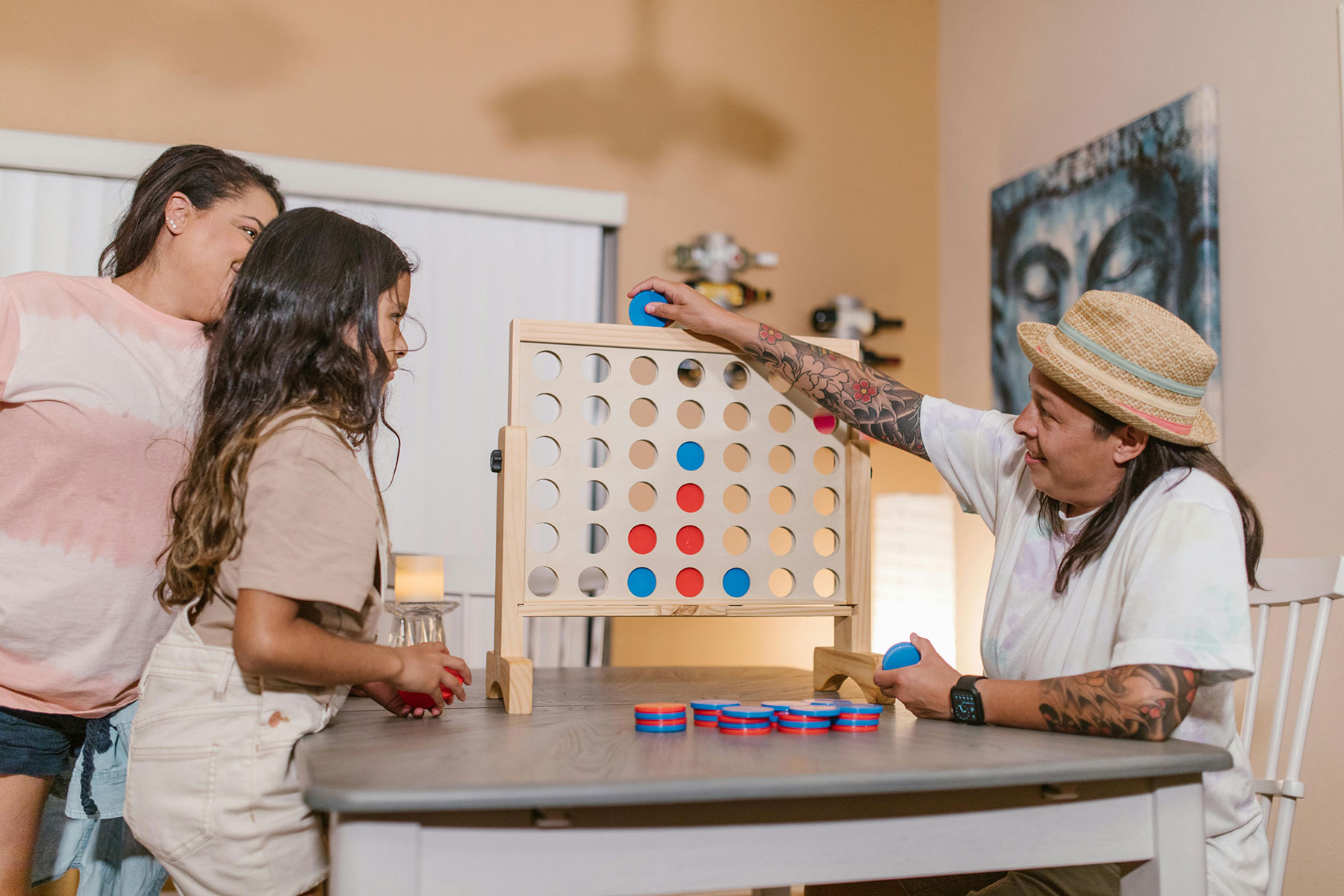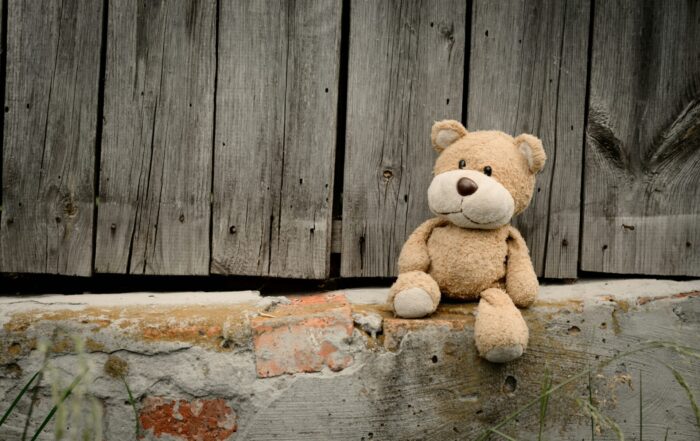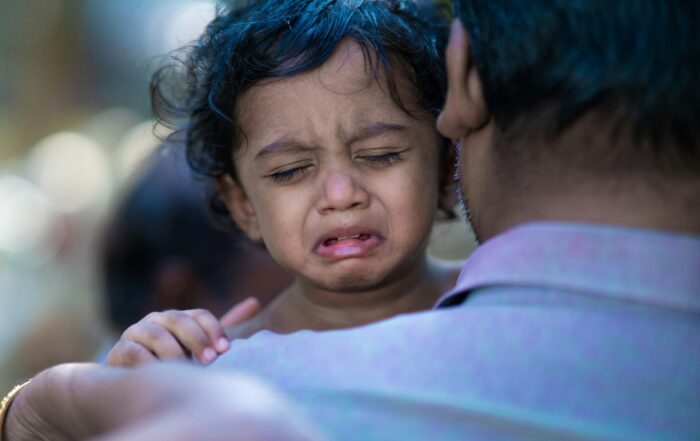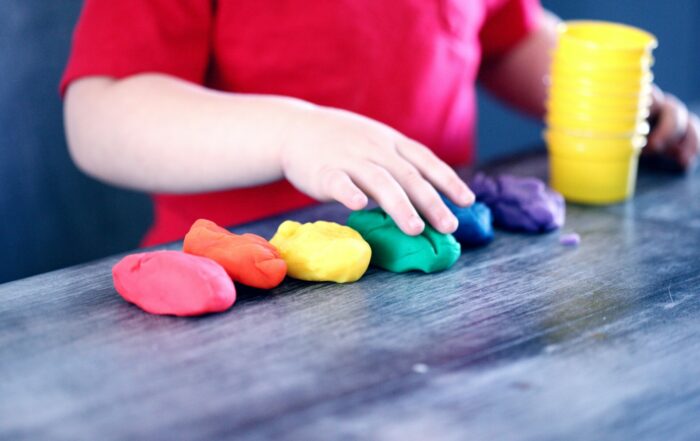
By Jeanne Supin
The “fight or flight” instinct has served the human species well, helping us respond quickly to threats, but according to child and adolescent psychiatrist and neuroscientist Bruce Perry it can also change our brains for the worse. If the threats we encounter are extreme, persistent, or frequent, we become too sensitized, overreacting to minor challenges and sometimes experiencing symptoms of post-traumatic stress disorder, or PTSD. This is especially true for children, whose still-developing brains may be chronically altered by growing up in abusive environments that Perry calls “the equivalent of a war zone.” Perry says that instead of being offered the sort of meaningful, caring connections they need, children with these experiences are often labeled troublemakers — and later criminals. He advocates passionately for changes in parenting, teaching, policing, and public policy to help traumatized kids.
The second of four children, Perry was born in 1955 in Bismarck, North Dakota. His father was a dentist; his mother, a homemaker. Skinny and asthmatic, Perry joined the track team and says visualization techniques helped him win races and get his asthma under control. He went on to attend Stanford University in California, where he majored in human biology and participated in a seminar about the effects of early life stress on the developing brains of rats. During his first summer home from college, Perry got married and returned to Stanford with his wife in the fall. One night she went missing and was later found brutally murdered. After the funeral Perry didn’t return to school. He spent a lot of time alone, thinking about what had happened. When he went back to Stanford in the spring, the attention he received from other students made him uncomfortable, so he transferred to Amherst College in Massachusetts and entered the neuroscience program. In the wake of his wife’s death he stopped focusing on grades and simply pursued subjects that interested him.
Share This Post!
It Happened Here: Dr. Margaret Morgan Lawrence
By NYP History Every time she was turned away, Dr. Margaret Morgan Lawrence, whose career began at NewYork-Presbyterian in the 1940s, found a new opportunity to succeed, eventually becoming the first [...]
The Impact of Childhood Trauma on Developing Bipolar Disorder
By Yann Quidé, Leonardo Tozzi, Mark Corcoran, Dara M Cannon, Maria R Dauvermann Childhood trauma (CT) has been repeatedly linked to earlier onset and greater severity of bipolar disorder (BD) in adulthood. However, such knowledge [...]
Protecting Children from Sexual Abuse in the #MeToo Era
By Nickolas Agathis, MD Do you keep up with any modern social movements, such as #MeToo, #BlackLivesMatter or #KeepFamiliesTogether? The conversations surrounding them are still grabbing widespread attention through social media [...]
Immigrant Health is Interpersonal
By Amanda Venta, PhD Waves of Latinx immigration to the United States have changed in recent decades, and our scientific literature is only beginning to catch up. Regional violence and unrest [...]
Essential Elements of a Trauma-Informed Juvenile Justice System
NCTSN Trauma-informed policies and procedures make juvenile justice organizations safer and more effective by ensuring the physical and psychological safety of all youth, family members, and staff and promoting their recovery [...]
How Childhood Trauma Can Impact the Brain
Written by Kaytee Gillis, LCSW A recent study published in Biological Psychiatry: Cognitive Neuroscience and Neuroimaging finds that childhood trauma can lead to disruptions in two main regions of the brain, the default mode network (DMN) and [...]







